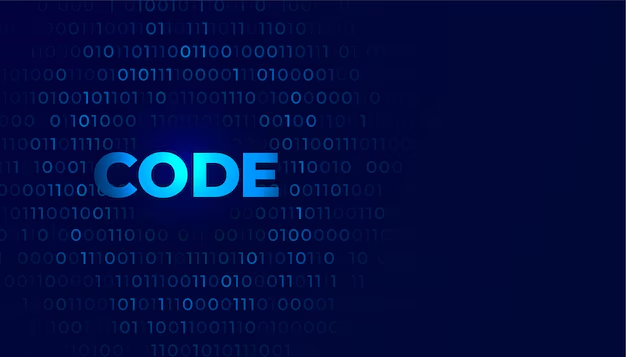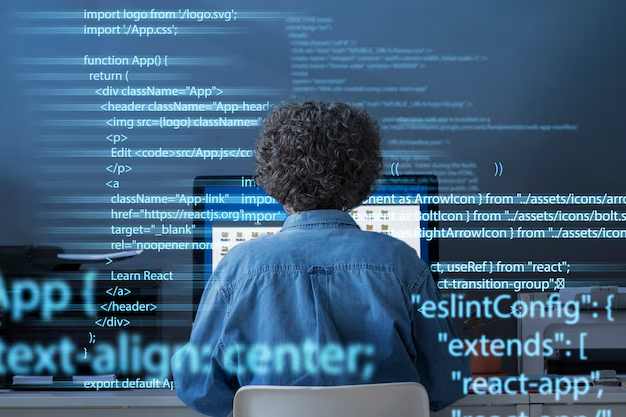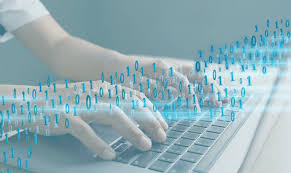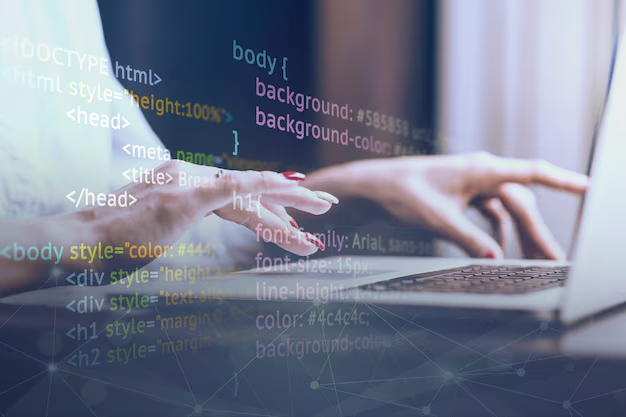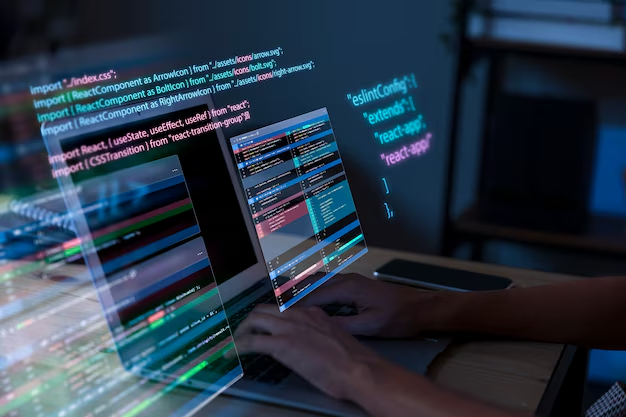About the course
In this course, you will learn about the components of a computer which includes Memory, processor, input and output devices along with storage and operating system. You will also understand the concept of assembler, compiler, interpreter, loader, and linker. Then you will be introduced to algorithms and flowcharts which includes representation of an algorithm, flowchart, along with the concept of pseudo code and its examples, converting algorithms to programs and writing source code.
After that, you will learn about the basics of programming which includes the structure of a C program, how to write and execute a C program. In addition to this, you will learn about the various types of errors such as logical errors and syntax errors. You will also learn about the components of the C language, variables, data types, memory locations, and storage classes. Then you will learn about arithmetic operators and their precedence, if-else, switch-case statements, for loop, while and do-while loops, break and continue statements. You will also learn about functions, arrays, basic searching and sorting algorithms in detail. The course will conclude with detailed coverage of pointers and file operations in C.
Learning Outcomes
After completing this course, you will be able to:
- Develop simple algorithms for arithmetic and logical problems.
- Translate the algorithms to programs in C language and execute them.
- Implement conditional branching, iteration, and recursion.
- Decompose a problem into functions and synthesize a complete program using the divide and conquer approach.
- Use arrays, pointers, and structures to develop algorithms and programs.
- Boost your hireability through innovative and independent learning.
- Get a certificate on successful completion of the course.
Target Audience
The course can be taken by:
Students: Students: All students who are pursuing any technical/professional courses, and wish to enter application programming industry.
Teachers/Faculties: All computer science and engineering teachers/faculties.
Professionals: All working professionals from the IT industry.
Why learn Problem Solving Through Programming Using C?
Problem-solving refers to your ability to solve problems in an effective and timely manner without any impediments. Whether you are a student, a parent, a businessperson, or the president of any country, you face problems every day that needs solving. For all these things, problem-solving is really really important. Especially when it comes to programming, problem-solving is the must. If you do not develop sound problem-solving skills, you will end up messing around with a given problem, and you would not be able to obtain a solution for ages.
Course Features
- 24X7 Access: You can view lectures as per your own convenience.
- Online lectures: 10 hours of online lectures with high-quality videos.
- Updated Quality content: Content is latest and gets updated regularly to meet the current industry demands.
Test & Evaluation
There will be a final test containing a set of multiple choice questions. Your evaluation will include the scores achieved in the final test.
Certification
Certification requires you to complete the final test. Your certificate will be generated online after successful completion of course.
Topics to be covered
MODULE 1: Introduction to Programming (3 Lectures)Introduction to components of a computer system (disks, memory, processor, where a program is stored and executed, operating system, system software, application software, compilers, interpreter etc. Idea of Algorithm: steps to solve logical and numericalproblems. Representation of Algorithm: Flowchart/Pseudo code with examples. From algorithms to programs; source code, compilation, object and executable code, Syntax and Logical Errors in compilation, storage of data inside program using variables, data types, modular programming, structure of a C program.
MODULE 2: Expressions and precedence (2 Lectures)Writing C expressions using operators (arithmetic, relational, logical, dereferencing, arrow operator, period operator, conditional operator, subscript operator etc.), identifiers and literals, precedence of operators, evaluation of expressions using precedence and associatively rules.
MODULE 3: Conditional Branching and Loops (4 Lectures)Writing and evaluation of conditionals and consequent branching using if..else and switch.. case statements, Iteration and loops using for loop, while loop and do..while loop.
MODULE 4: Arrays(2 Lectures)Arrays (1-D, 2-D), Character arrays and C Strings.
MODULE 5: Basic Algorithms (4 Lectures)Searching (sequential and binary), Basic Sorting Algorithms (Bubble, Insertion and Selection), Finding roots of equations, notion of order of complexity through example programs (no formal definitions for asymptotic analysis required).
MODULE 6: Function (3 Lectures)User defined functions and built in libraries, function prototype, parameter passing in functions, call by value, passing arrays to functions: idea of call by reference (1-D and 2-D), scope rules for C language.
MODULE 7: Recursion (2 Lectures)Recursion, as a different way of solving problems, example programs, such as Finding Factorial, Fibonacci series.
MODULE 8: Structure (2 Lectures)Structures, defining structures, Accessing members, Array of Structures.
MODULE 9: Preprocessor Directives(1 Lecture)#define, #include, #ifdef etc., conditional compilation.
MODULE 10: Pointers (4 Lectures)Idea of pointers, defining pointers, pointer and arrays, pointer to structure, pointer to function, passing addresses of variables to functions (elementary and user defined), double indirection, Use of Pointers in self-referential structures, dynamic allocation/deallocation of memory blocks data types like elementary data types, arrays, structures, accessing elements of dynamically allocated memory, notion of linked list (no implementation).

